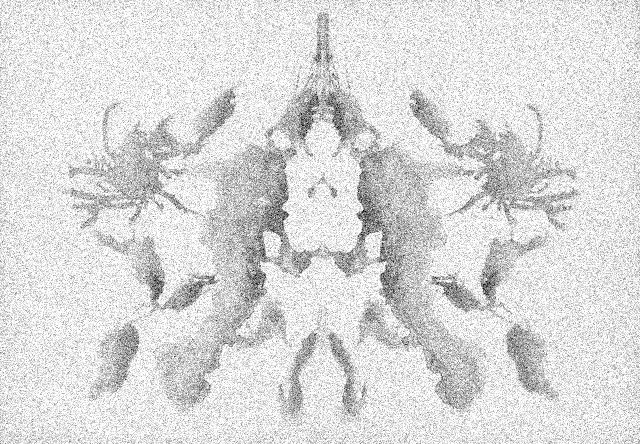Naming the Appeal of Fantasy Worlds
One of the tasks of analytic social psychology.

At the end of a Belabored episode a few years back, Adolph Reed, Jr. offers a helpful description of what we at Damage call pathologies of the left:
I’m as convinced as anyone that we can change society to make it better. My beef is with the tendency to imagine that things aren’t as bad as they are, that we don’t need to do the things that we need to do, that there’s some magical intervention that is just across the horizon that will come and take care of all of our problems for us. This is the tendency that ranges from the apocalyptic revolutionism of the sectarian left at the one end, to the people who have the political equivalent of ADHD and go after whatever they see that’s shiny in the road over on the other end of the progressive continuum. Because that’s what is expressive of real despair. If you think about it, that’s what religion is. You can’t face the depth of the challenge that confronts us, so you retreat to a fantasy world. And that’s what I want to challenge, at least insofar as I’m talking to the left.
Analytic social psychology is concerned with a critique of society in general, insofar as it generates anxiety, despair, and narrowmindedness. But it is also a critique of the ways in which these same psychological deposits cause us to reaffirm the society that damages us in these ways. Such a critique would not be doing its job if it were not particularly focused on the pathologies of the people who can clearly recognize the reality of immiseration and alienation in capitalist society, but nonetheless retreat, in various ways, before “the depth of the challenge that confronts us”; in other words, on the unstrategic—and more generally unthinking—actions of the left.
One might ask: but why do we need social psychology to do this? A critique of institutional antifascism, for instance, needn’t make any appeal to the twisted psychologies of its participants. It can simply point to the erroneous assumption that a small group of strong-willed people with a stomach for violence can, by putting their bodies on the line, solve essentially social problems. As Peter Camejo argues, this assumption implies a rejection of the belief in the power of an organized working class, and thus an unwillingness to do the patient and decidedly less glorious organizing work that is sorely needed. Pathology critiqued, psychologizing unnecessary.
The intuition of analytic social psychology, because it is a derivative of psychoanalysis, is that this form of critique, correct though it is, is often insufficient to actually convince anyone who harbors the erroneous assumption to change their mind, for the same reason that telling an obsessional neurotic to “chill out and stop washing your hands so much” is not going to do the trick. What’s missing from this critique, and what analytic social psychology aims to do as a supplement, is to name the appeal of the fantasy worlds to which leftists retreat. Instead of articulating why you shouldn’t do what you’re doing, analytic social psychology aims to describe what satisfaction you are deriving from doing what you’re doing, with the hope of providing enough space to consider a change in what you’re doing.
This can be, and often is, received as persecutory: intellectuals armed with psychoanalytic concepts offering diagnoses from on high. But—and perhaps this is no consolation—most forays into analytic social psychology look not at the substitute satisfactions of less reflective people but rather at those to which we ourselves have been prey, and perhaps even to which we are prey now. To do analytic social psychology is to see that there are perfectly relatable and understandable if wholly misguided reasons for the pathologies of the left.
This is no consolation because it comes in written form. Real psychoanalysis requires a relationship; its effectiveness is predicated on the development of libidinal bonds within a dyad, the kind of bonds that can hold one of the participants tight enough that the other can utter uncomfortable truths. We at Damage are separated from our readers within the most inhospitable of therapeutic environments: the internet. There is no denying, then, that there are real limits to the work of analytic social psychology.
But the hope, as with the Frankfurt School’s similar efforts, is to perform a kind of prophylactic function. If something is straightforwardly wrong, like smoking cigarettes, it is also appealing. A sober relationship to a thing necessitates an analysis of its appeal, and this, especially in relationship to the panoply of shiny objects in the road, is one of the tasks of analytic social psychology.
■
Aurora Borealis ate her own parents and has nothing to show for it but a vivid fantasy life.



